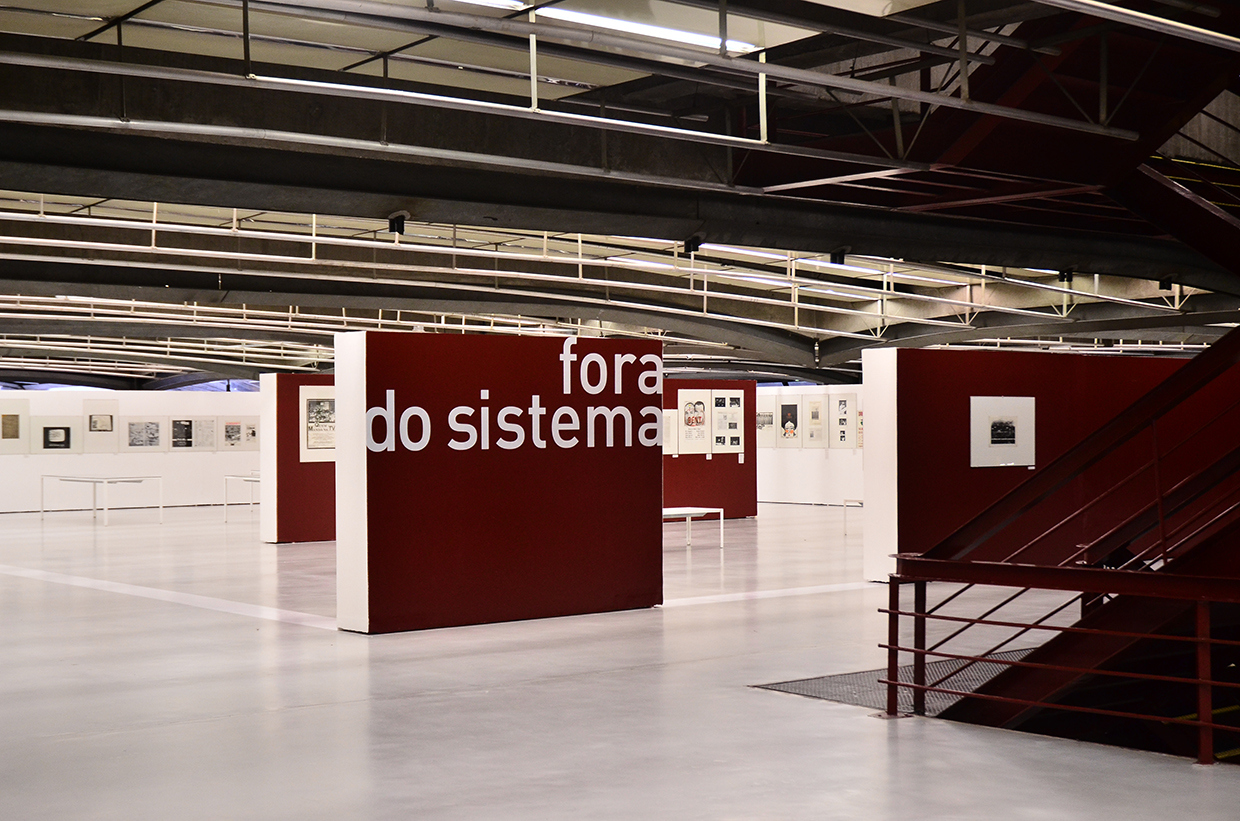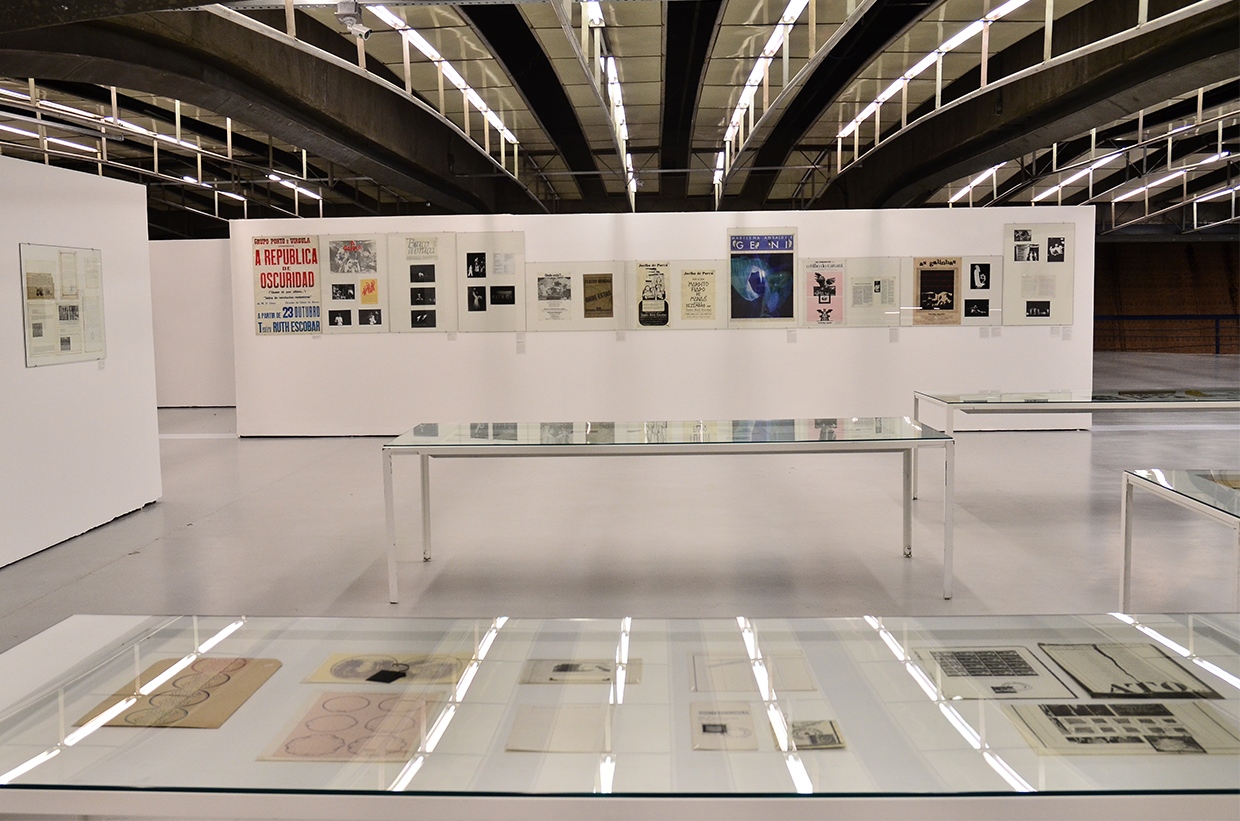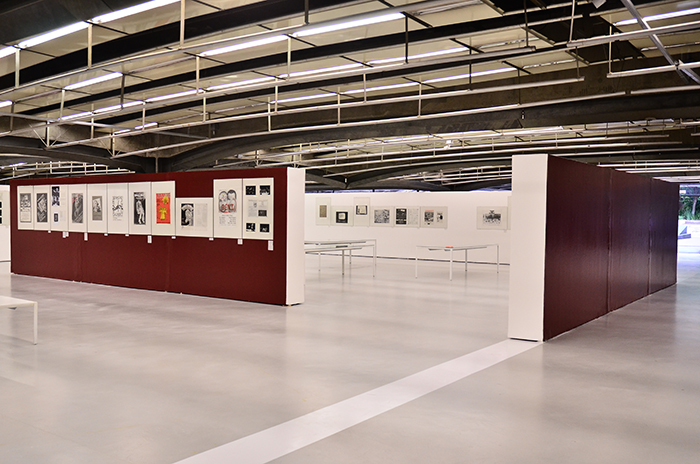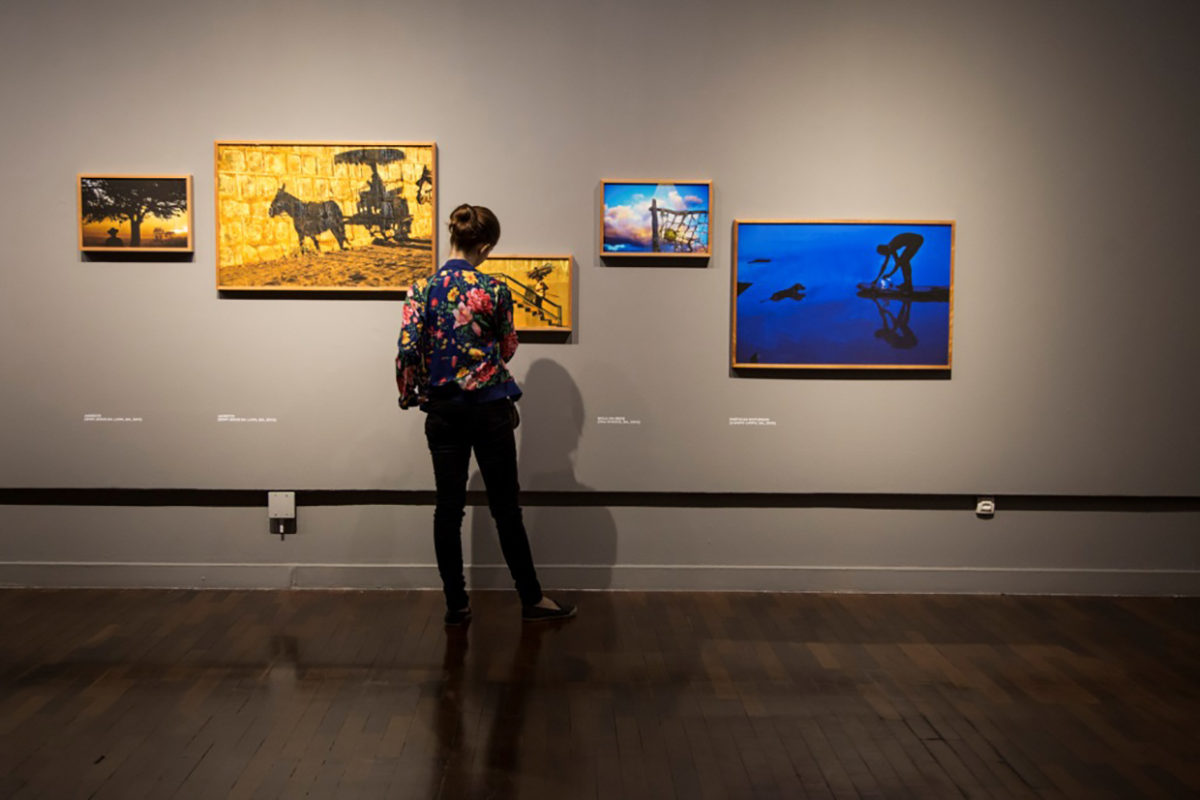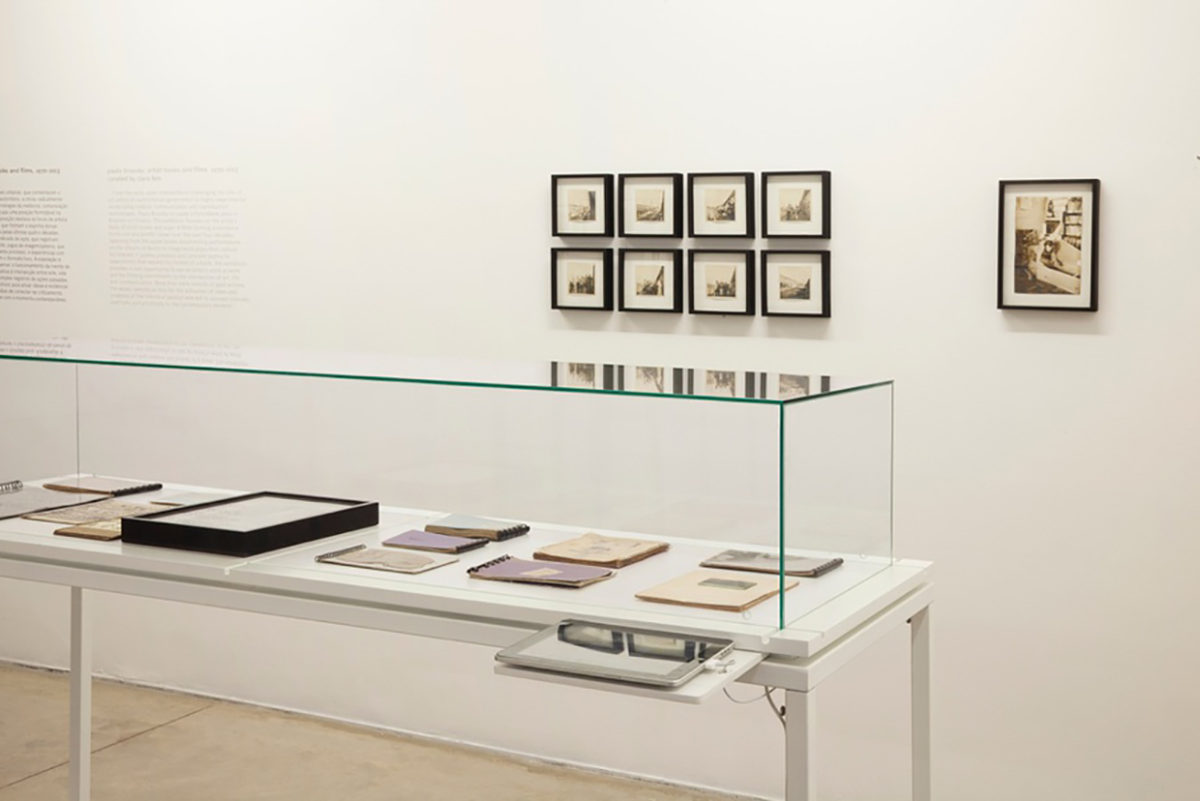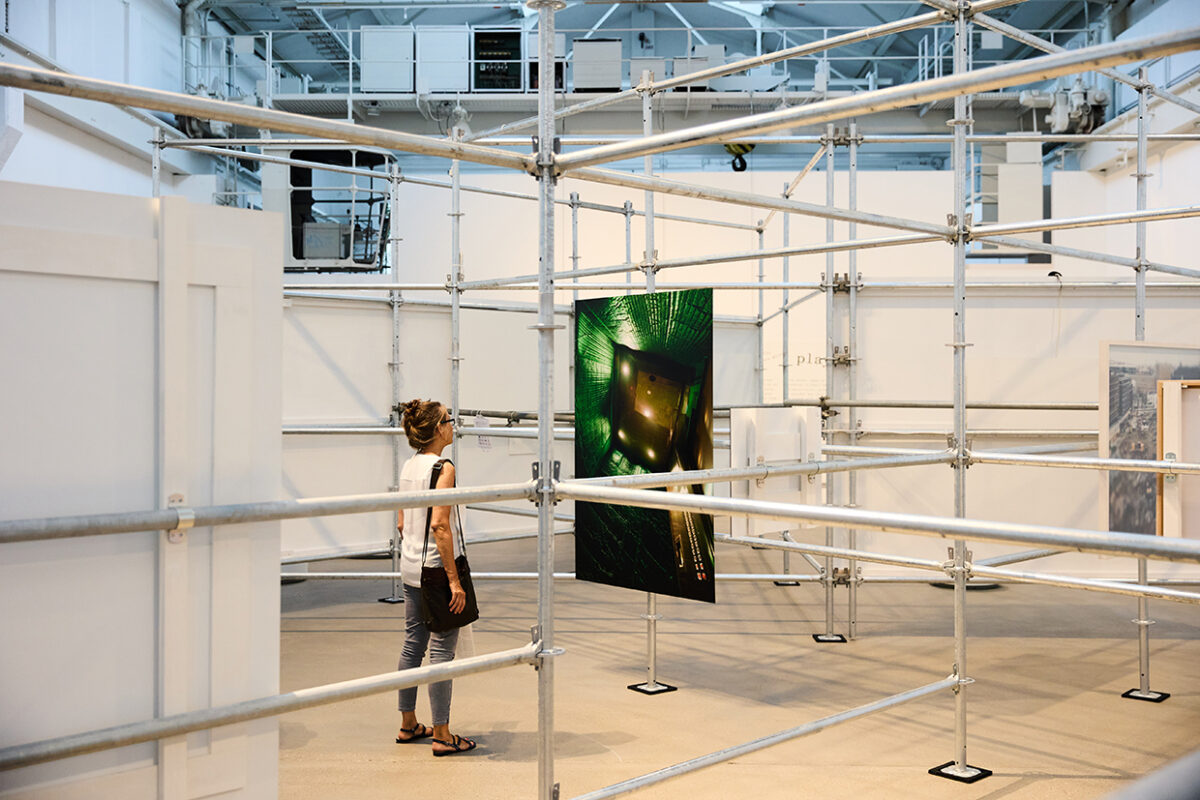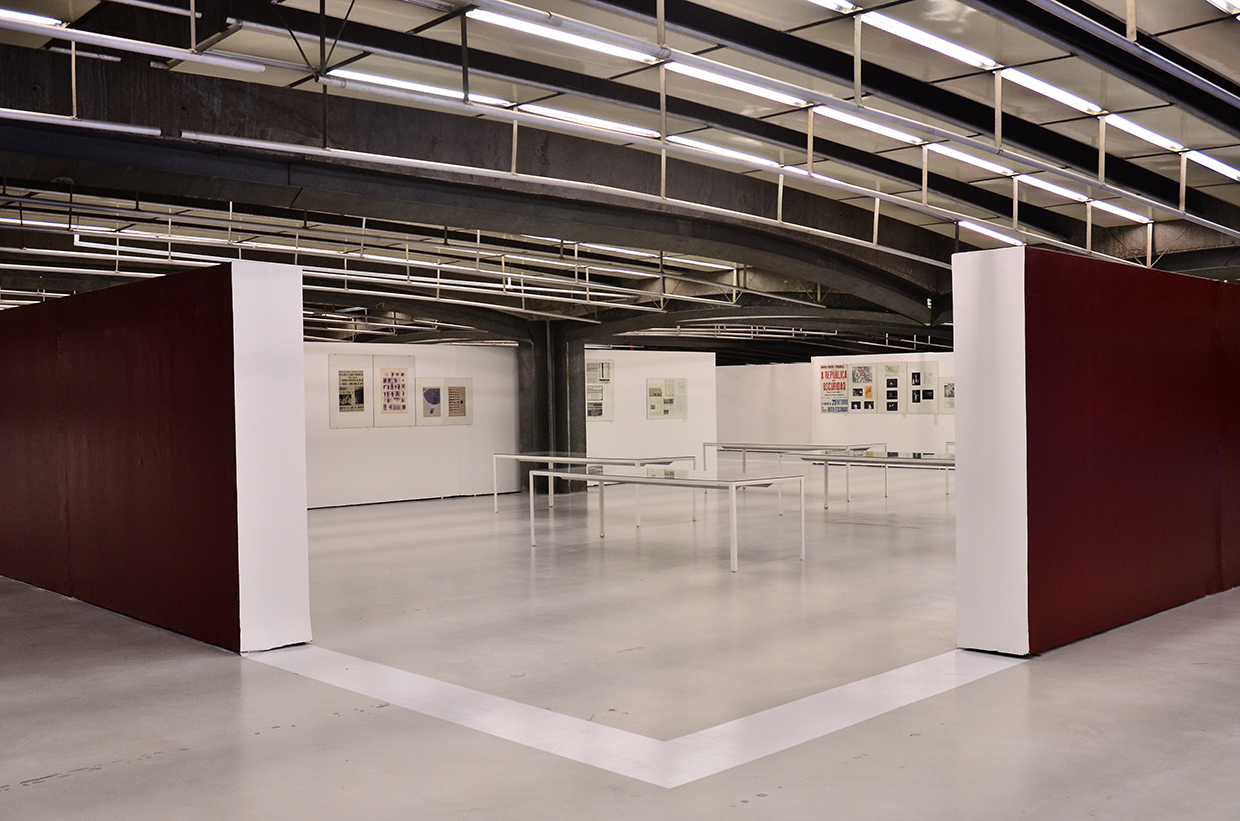
Fora do Sistema
Centro Cultural São Paulo, São Paulo – Brazil
April – Mai 2014
curated by Ana Maria Rebouças and Maria Adelaide Pontes
exhibition design and assembly coordination Claudia Afonso
Fora do Sistema
Centro Cultural São Paulo, São Paulo – Brasil
Abril – Maio 2014
curadoria Ana Maria Rebouças e Maria Adelaide Pontes
projeto expográfico e coordenação de montagem Claudia Afonso
As part of the project “The Imaginary of the 50 Years of the Coup”, the Centro Cultural São Paulo Cultural – CCSP presents a panorama of the political and cultural moment of the end of the dictatorship in the exhibition Fora do Sistema [Outside the System], which brings photos, posters and printed materials from artists and experimental groups of the time.
According to the general coordinator of the project, Ana Maria Rebouças, it was chosen to approach the period that goes from the détente to the political re-democratization of Brazil because the cultural productions are quite original experiments, little studied from the ideological point of view. “The political opening was an opening for new forms of expression, for the inclusion of minorities in cultural life,” he says. “I think the word that most characterizes the 1980s is diversity,” adds the curator. The cut also recalls the creation of CCSP, in 1982, which housed alternative artistic productions of the time.
If in the 1960s the cultural production was marked by denunciation, and in the 1970s by aggressiveness, irreverence prevails in the arts of the 1980s. “A mix of impatience, insubordination, and hope”, defines Ana, who highlights the importance of theater, by staging, at that time, episodes of recent history.
Dentro do projeto “O Imaginário dos 50 Anos do Golpe”, o Centro Cultural São Paulo – CCSP apresenta um panorama do momento político e cultural do final da ditadura na exposição “Fora do Sistema”, que traz fotos, cartazes e impressos de artistas e grupos experimentais da época.
Segundo a coordenadora geral do projeto, Ana Maria Rebouças, escolheu-se abordar o período que vai da distensão à redemocratização política do Brasil pelas produções culturais se tratarem de experimentações bastante originais, pouco estudadas do ponto de vista ideológico. “A abertura política foi uma abertura para novas formas de expressão, para a inclusão de minorias na vida cultural”, afirma. “Acho que a palavra que mais caracteriza a década de 1980 é diversidade”, completa a curadora. O recorte também relembra a criação do CCSP, em 1982, que abrigou produções artísticas alternativas da época.
Se nos anos 1960 a produção cultural foi marcada pela denúncia e, nos anos 1970, pela agressividade, prevalece a irreverência nas artes dos anos 1980. “Um misto de impaciência, insubordinação e esperança”, define Ana, que destaca a importância do teatro, ao encenar, naquela época, episódios da história recente.
